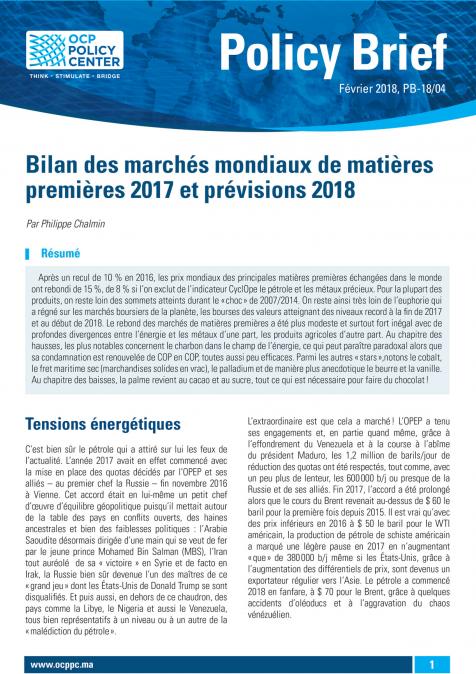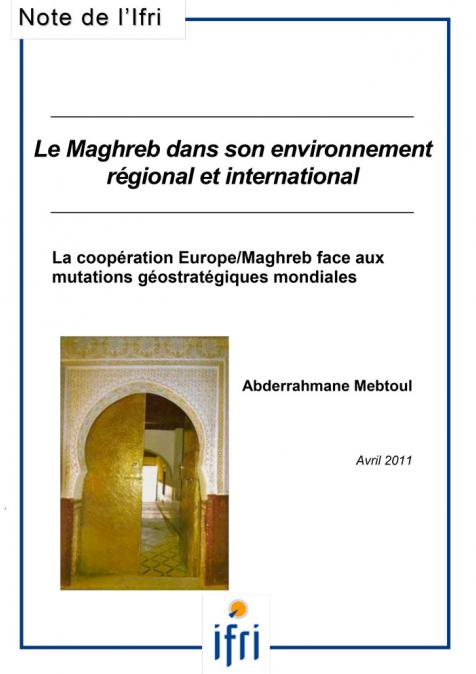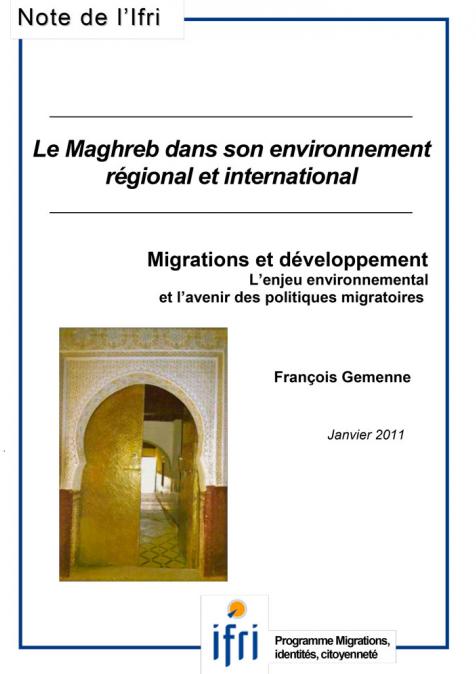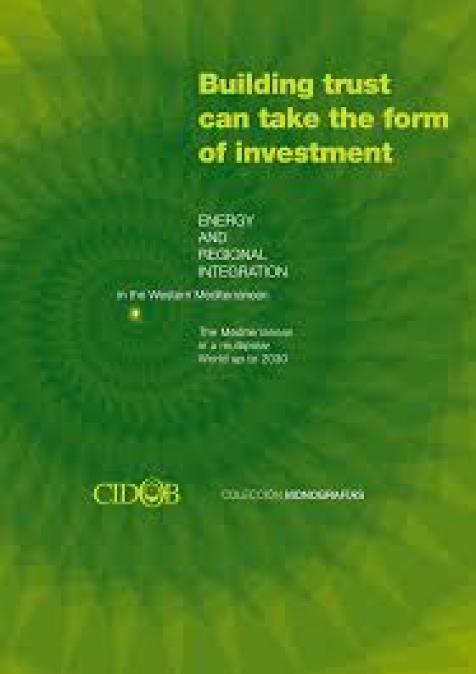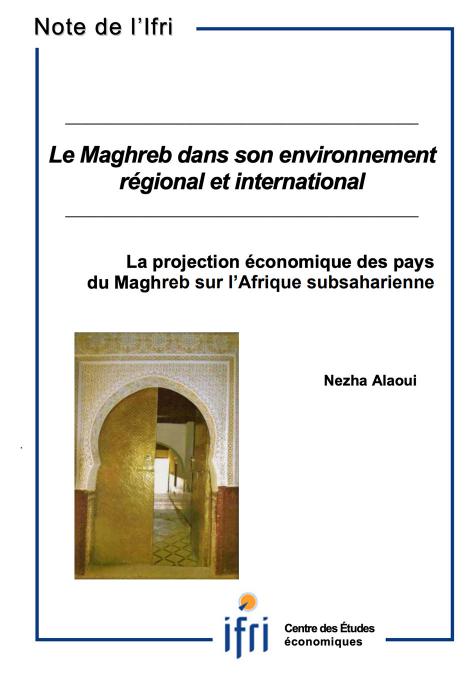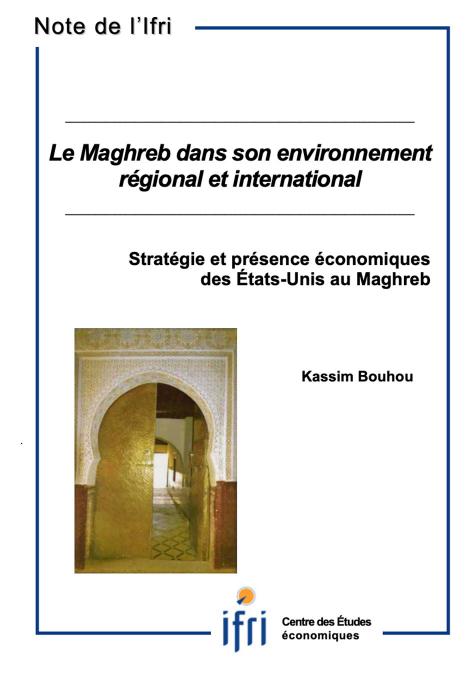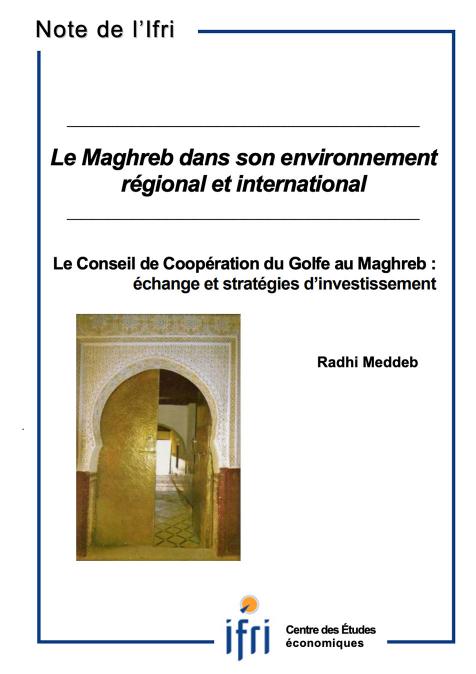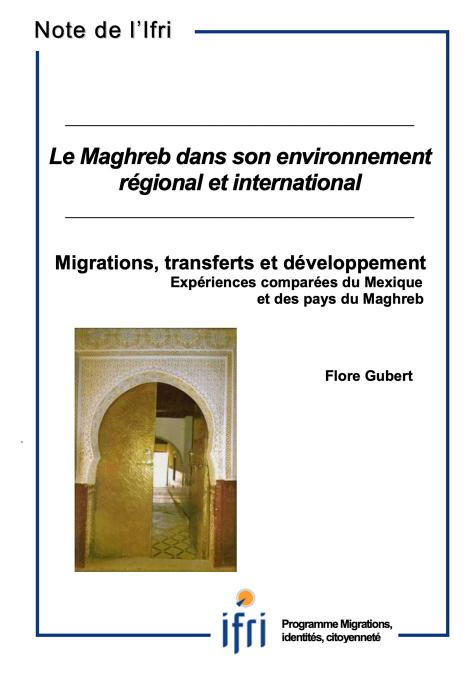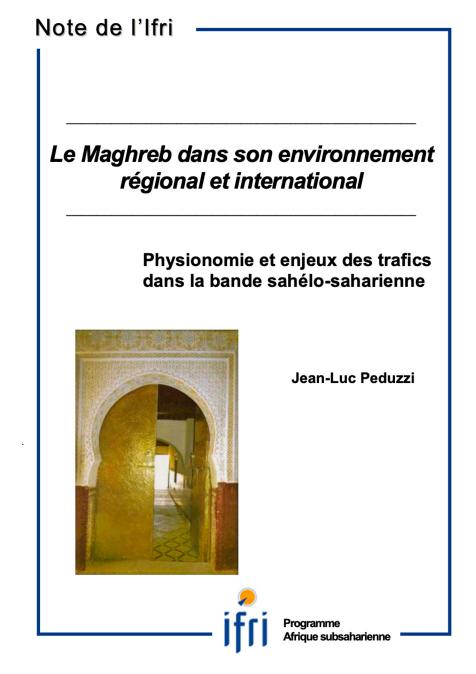Publications /
Policy Brief
Après un recul de 10 % en 2016, les prix mondiaux des principales matières premières échangées dans le monde ont rebondi de 15 %, de 8 % si l’on exclut de l’indicateur CyclOpe le pétrole et les métaux précieux. Pour la plupart des produits, on reste loin des sommets atteints durant le «choc» de 2007/2014. On reste ainsi très loin de l’euphorie qui a régné sur les marchés boursiers de la planète, les bourses des valeurs atteignant des niveaux record à la fin de 2017 et au début de 2018. Le rebond des marchés de matières premières a été plus modeste et surtout fort inégal avec de profondes divergences entre l’énergie et les métaux d’une part, les produits agricoles d’autre part. Au chapitre des hausses, les plus notables concernent le charbon dans le champ de l’énergie, ce qui peut paraître paradoxal alors que sa condamnation est renouvelée de COP en COP, toutes aussi peu efficaces. Parmi les autres «stars»,notons le cobalt, le fret maritime sec (marchandises solides en vrac), le palladium et de manière plus anecdotique le beurre et la vanille. Au chapitre des baisses, la palme revient au cacao et au sucre, tout ce qui est nécessaire pour faire du chocolat!

